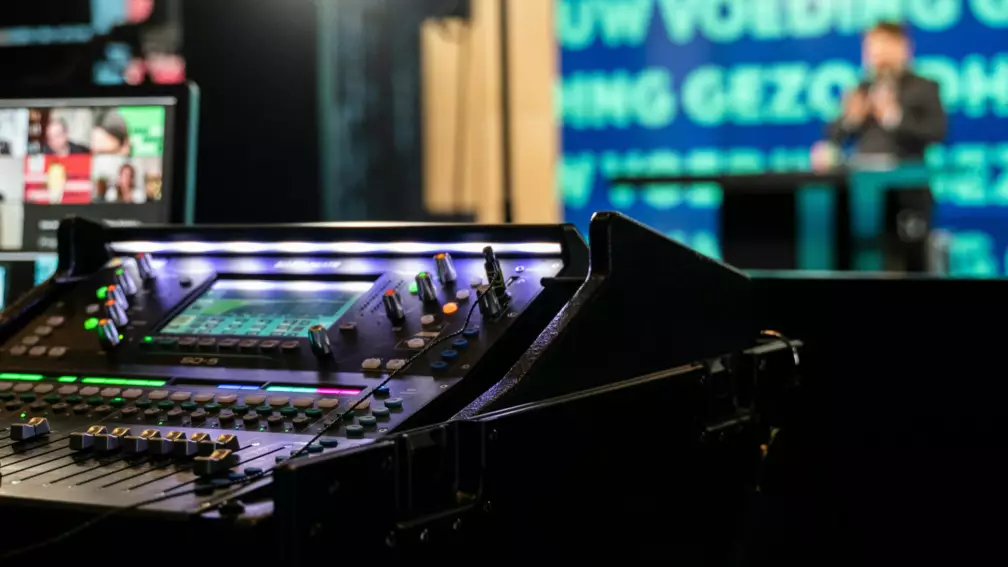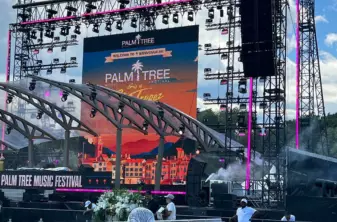The Rise of Hybrid and Virtual Events: What It Means for Event Crew in 2025

Like most industries, the events world has changed dramatically over the past few years - and it’s showing no signs of slowing down. Driven by the pandemic and rapid developments in technology, hybrid and virtual formats have evolved from emergency solutions into permanent fixtures of event strategy. This shift is redefining the role of event crew.
Tech-First Events Need Tech-Savvy Crew
Hybrid and virtual events demand more than physical - they require seamless integration of digital platforms, streaming technology, virtual set design, and real-time audience interaction. For crew members, this means developing a new layer of technical skill.
In addition to traditional AV skills, crew are now expected to operate virtual event platforms, troubleshoot connectivity issues, and manage digital content in real-time. There’s a growing need for crew familiar with specialist software, as well as knowledge of camera switching, sound mixing for live and virtual feeds, and online audience engagement tools.
The gap between AV technician and digital producer is closing - and those who can bridge both roles are in high demand.
Logistical Complexity Is On the Rise
Running a successful hybrid event involves more moving parts than ever before. Not only must equipment be transported and rigged, but there are additional layers of coordination required to serve remote audiences.
Venue layouts must now account for streaming setups, camera placement, quiet zones for virtual moderation, and backstage areas for speakers dialling in from across the globe. For event crew, this means thinking beyond physical logistics to anticipate the needs of remote teams.
Transport teams may need to coordinate across multiple locations or support simultaneous live and virtual setups. Scheduling has also become more complex, as crew may be required to work unconventional hours to accommodate global time zones.
Upskilling Is No Longer Optional
To stay ahead, companies need to upskill their crew fast. Future-proof event professionals are investing in training in technical systems, remote communication, multitasking across platforms, and adapting quickly under digital pressure.
Crew providers are offering training in digital production, hybrid event management, cybersecurity awareness, and cloud-based collaboration tools. In an industry where seamless delivery is everything, versatile crew who can jump between live, virtual and hybrid formats are becoming not just invaluable but essential.
A New Era of Events
What does all this mean for event crew in 2025?
Crew with hybrid expertise, now have a competitive edge. Roles are becoming more specialised, with positions such as Virtual Event Technician, Streaming Producer, and Digital Stage Manager growing in popularity. At the same time, hybrid events also require strong collaboration between on-site and remote teams - meaning event teams are more interconnected and global than ever before.
As hybrid and virtual events continue to evolve, so must the crew who power them. Those who are adaptable, tech-forward, and ready to take on the challenges of an increasingly digitised events industry will thrive. If you're looking for experienced, tech-savvy crew who can seamlessly support hybrid, virtual, and live events, get in touch - we'd love to help bring your next production to life.


